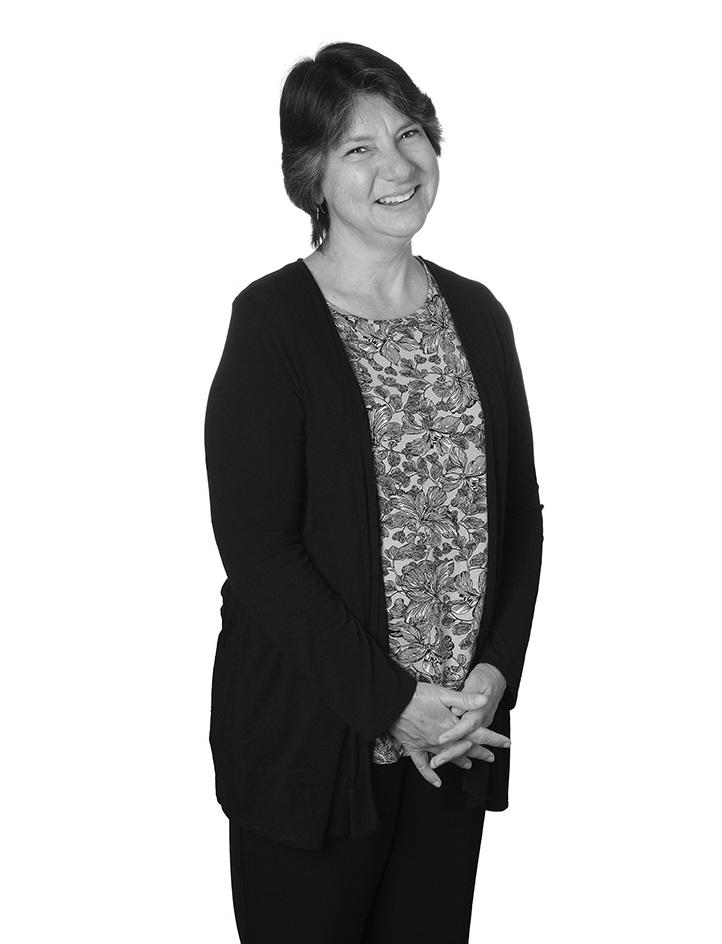| marie-hélène le ny |
|
photographiste |
 |
"When
I was an undergraduate student and working at the EPA (Environmental
Protection Agency), I noticed that I was very concerned about
pollution and the environment. I started studying oil biodegradation,
and that's how I got into environmental microbiology, my area
of expertise. I have focused on studying the microorganisms –
how we can use them to help clean up the environment and produce
chemicals for industrial purposes. From Soap Lake, Washington,
my team isolated Halanaerobium hydrogeninformans. It can
grow at a pH 11, which is mind-boggling, and under very salty
conditions. It can form hydrogen when you feed it sugars and
it can also feed on glycerol from biodiesel waste. We have two
patents and a patent application pending on the use of this bacterium
that I'm very proud of. With the Halanaerobium genome
sequence, I was also able to figure out the genes that made this
organism so adapted to Soap Lake. I published an article on this
work with good response! Don't give up! One of the reasons why I have been successful is I have been persistent, even when barriers have come up. I have also had very supportive mentors who have been there behind me. I think people don't necessarily accept women at face value and that they have to prove that they have got the credentials and demonstrate that they know their stuff. It could be really good if young women can grow up without feeling like they have to continually prove themselves and just be free to explore. Most of my grant proposals, articles and stuff like that are written mainly during the summer time and I mainly focus on overseeing my lab and teaching throughout the academic year. I aIso love going overseas and interacting with my international colleagues.The average citizen's scientific knowledge is low and they don't actually understand the importance of learning from scientists to avoid major problems. If you don't understand the science, how can you start asking good questions?" |
||
|
Melanie Mormile, Professor, biological sciences department, Missouri S&T |
|||
|
|
|
|